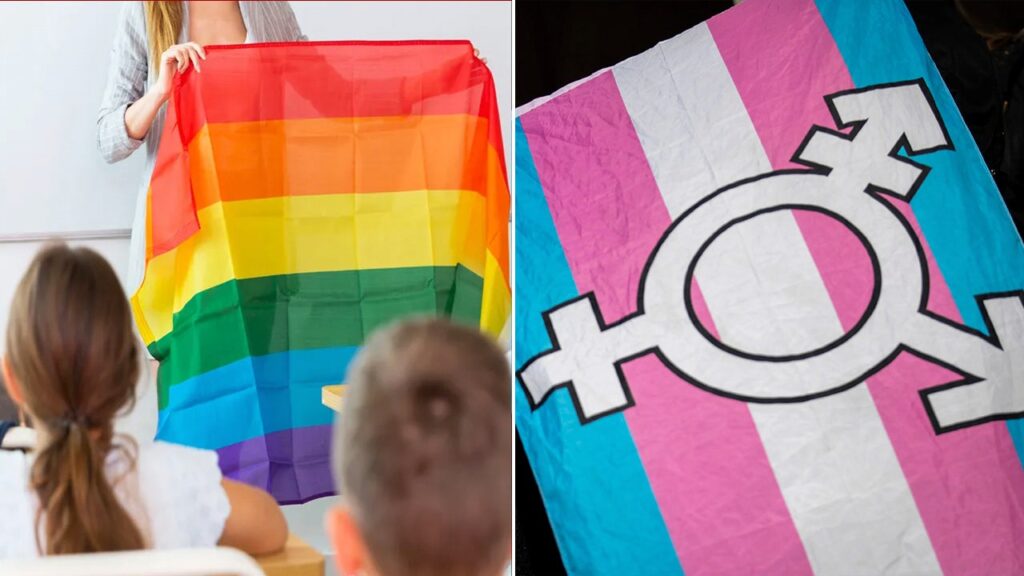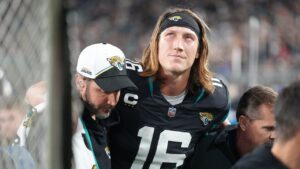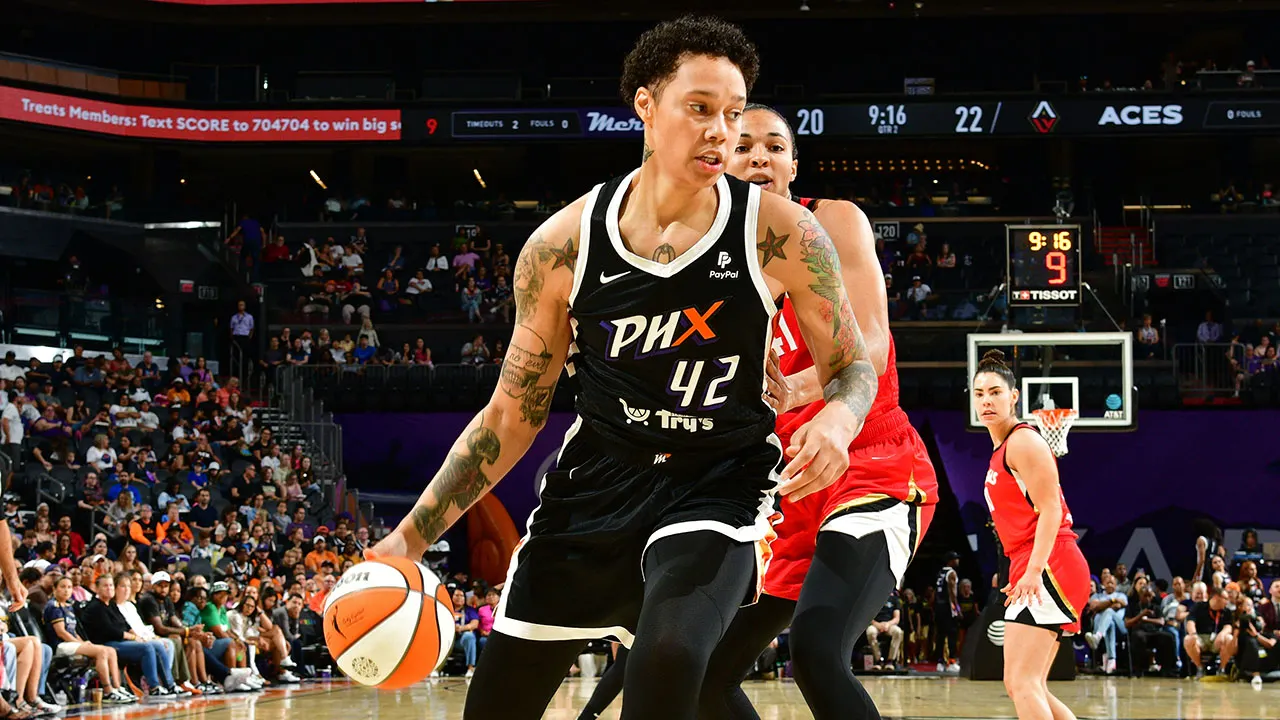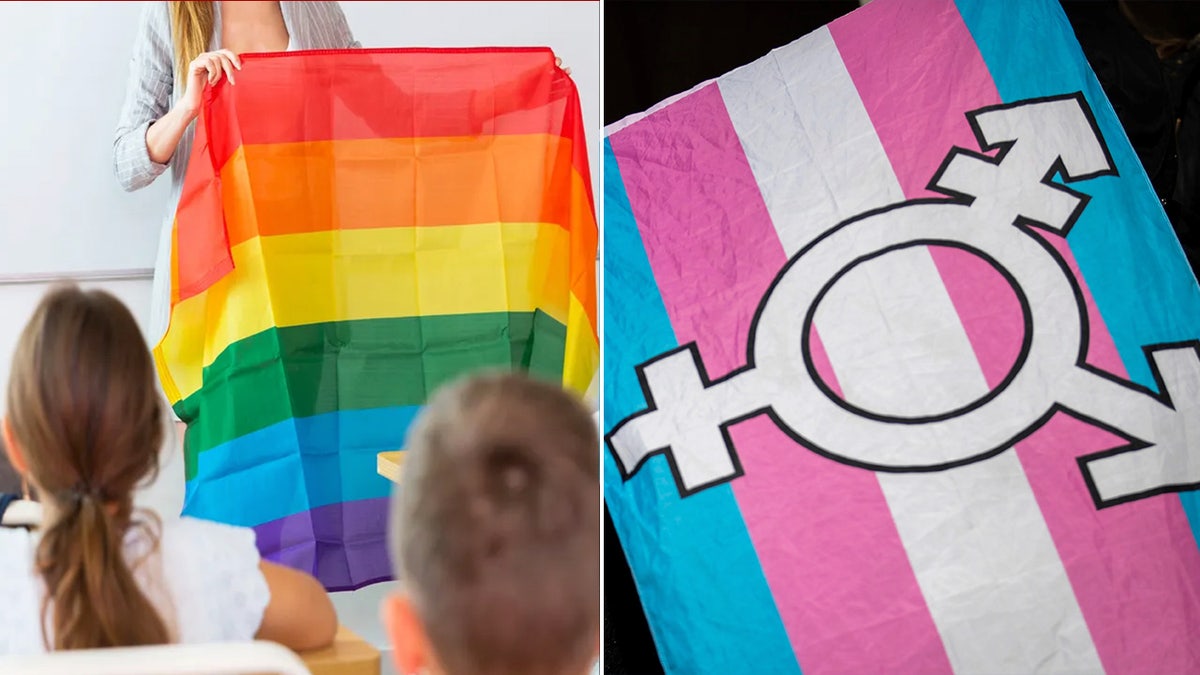
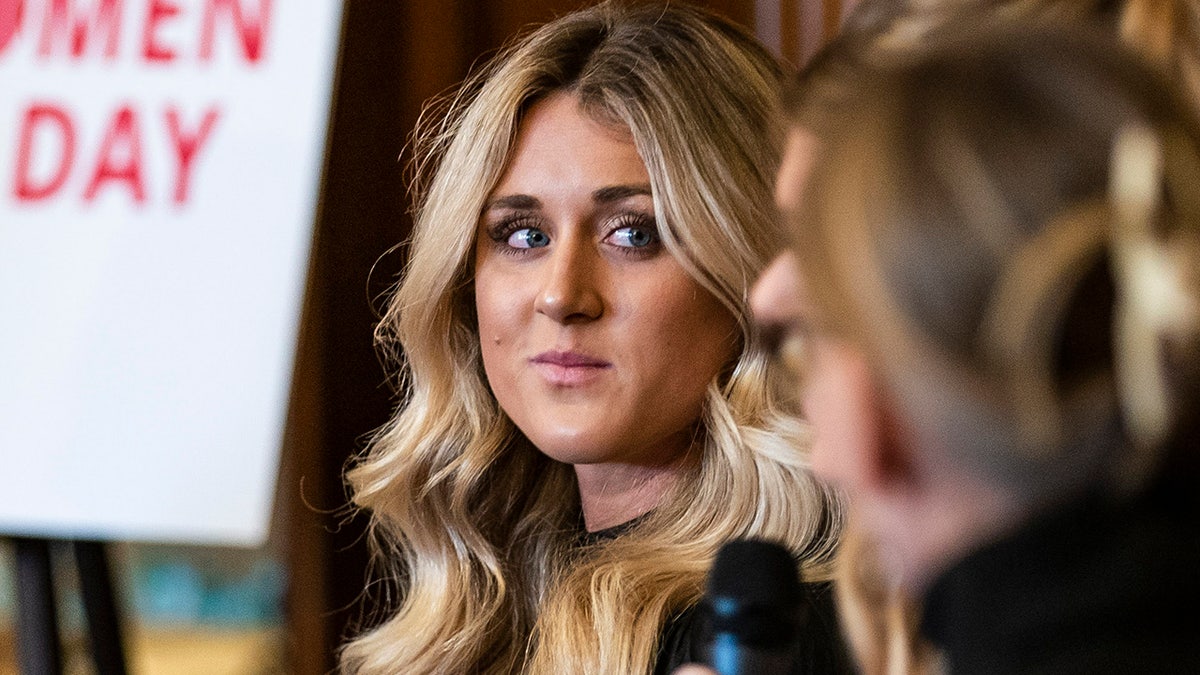
University of Illinois Associate Prof. Charles Roseman and biologist Cara Ocobock questioned the existence of two genders in a controversial op-ed for the prestigious magazine Scientific American.
In an op-ed headlined, “To Understand Sex, We Need to Ask the Right Questions,” the two authors claimed that the “answer to the question of how many sexes exist differs depending on the context.”
The authors argued that “binaries” about sex in humans, such as there being two genders, male and female, “start to fail us once we move into questions about how organisms live out their lives.”
RILEY GAINES RIPS NCAA PRESIDENT CHARLIE BAKER’S SENATE TESTIMONY AS ‘ENTIRELY DISINGENUOUS’

University of Illinois Associate Prof. Charles Roseman and biologist Cara Ocobock questioned the existence of two genders in a controversial op-ed for the prestigious magazine the Scientific American. (Fox News Digital // Getty Images)
“So, if ‘sex’ is the answer, what is the question?” the two authors wrote. “This is not so clear, and we have no warrant to make authoritative declarations on this issue from a scientific standpoint that is uninformed by ethical, moral or social considerations. We are in good company here because sex encompasses such a range of questions that we doubt any one medical, scientific or humanistic practitioner would be able to come up with a question that encompasses all of the ways in which humans are affected by sex, however it is construed.”
“This can be seen in the example of transgender athletes,” the authors continued. “Arguments revolving around including or excluding trans athletes often rest on notions of strict binary differences in hormone type and concentration that associate female individuals with estrogen and male ones with testosterone. This assumes testosterone is at the root of athletic performance. These hormones do not hew to a strict binary, however.”
They argued that “[f]emale and male people need both estrogen and testosterone to function, and they overlap in their hormone concentrations. If we are interested in how estrogen and testosterone affect athletic performance, then we need to examine these respective hormone levels and how they correlate with athletic outcomes. We cannot rely on gross average differences between the sexes as evidence for differential athletic success. Adherence to a sex binary can lead us astray in this domain of inquiry.”
NCAA PRESIDENT CHARLIE BAKER DISTANCES HIMSELF FROM PREDECESSOR’S POLICIES ON TRANS ATHLETES

Some female athletes, like Riley Gaines, a 12-time NCAA All-American swimmer and five-time SEC Champion, have become famous across the country for their opposition to transgender athletes competing in women’s sports. (Jabin Botsford/The Washington Post via Getty Images)
The op-ed was harshly criticized online by political commentators and researchers.
“Sexes imply anisogamy, a difference in gamete size, and therefore, a difference in the reproductive contribution,” Paradox Institute founder Zachary Elliott wrote, rebutting the argument in the op-ed. “There has never been a species observed that has more than two sexes. Across different species, the two sexes can exist in separate individuals or in the same individual.”
“This magazine should not be allowed to call itself Scientific American,” radio host Christopher Calvin Reid wrote, adding that the name of the magazine is “fraudulent and dishonest.”
“I thought by the name that this might have something to do with science, but it looks like it’s actually pure ideology,” author John Hawkins wrote.
Some female athletes, like Riley Gaines, a 12-time NCAA All-American swimmer and five-time SEC Champion, have become famous across the country for their opposition to transgender athletes competing in women’s sports.
Gaines recently called out the NCAA and current president Charlie Baker in response to his testimony before the Senate Judiciary Committee on Tuesday where he was asked specifically about the issues Gaines has raised about her experience swimming against transgender swimmer Lia Thomas in 2022.
CLICK HERE TO GET THE FOX NEWS APP
For more Culture, Media, Education, Opinion and channel coverage, visit foxnews.com/media.
Jeffrey Clark is an associate editor for Fox News Digital. He has previously served as a speechwriter for a cabinet secretary and as a Fulbright teacher in South Korea. Jeffrey graduated from the University of Iowa in 2019 with a degree in English and History.
Story tips can be sent to jeffrey.clark@fox.com.
[ad_2]
Source link

